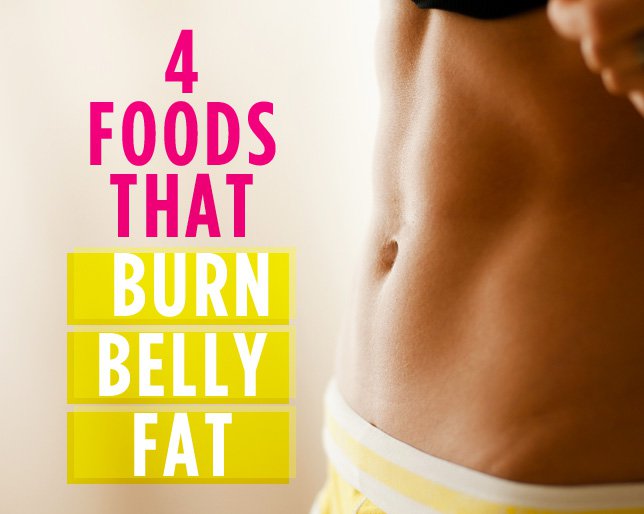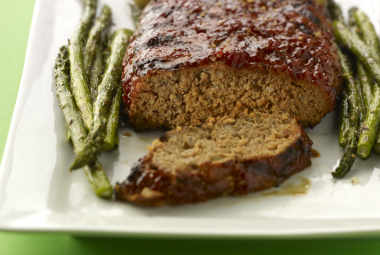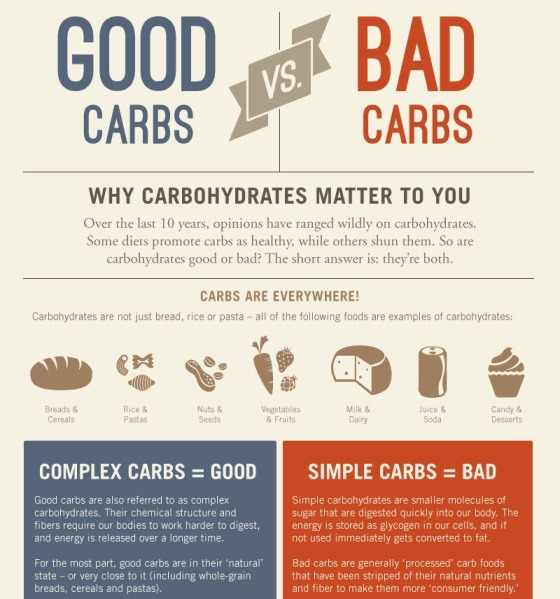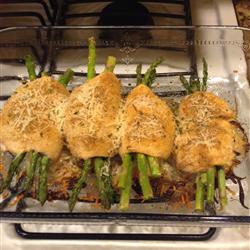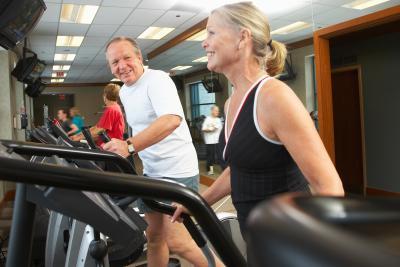The secret to lasting weight loss does not come down to complicated calorie-counting and weight-loss gimmicks. Instead, it’s about working with your body’s natural hunger and sleep rhythms to curb cravings, burn fat, and send your energy levels soaring.
Research shows that our bodies’ inner eat-and-sleep clocks have been thrown completely out of whack, thanks to cues we send it all day with the wrong foods. The result: You’re caught in a “fat cycle”: a constant flow of hunger hormones that makes your cravings almost irresistible. But if you tune into your body’s natural eat and sleep schedules, you can actually—finally—say “goodbye” to your belly pooch.
Prevention’s revolutionary Belly Melt Diet explains the science behind why getting a good night’s sleep will help you lose while you snooze, and how eating the right foods at the right times can satisfy your body’s need for fuel and taste.
Eat these foods to sleep better, lose more weight, and melt your belly fat. Here’s how to get started!
Fish
When your diet is deficient in omega-3s—a very common nutrient in fish—your pineal gland—a gland in your brain that helps regulate your nervous system—is thrown off, leading to alterations in the production of melatonin, your sleep hormone. People with an omega-3 deficit don’t sleep during their usual rest periods, which can lead to things like unhealthy late-night eating.
Fish is also rich in protein, which previous research has shown can satiate your appetite. You even burn more calories digesting protein than you do when you eat fats or carbs. Plus, eating more omega-3s can boost heart health and lower your risk of dementia.
Nuts
These legumes are a great source of mood-boosting magnesium. And eating more of it can help people who have sleep troubles doze peacefully through the night, according to a 2010 study published in the journal Magnesium Research. One group of the 100 tossers-and-turners over age 51 was given 320 milligrams of magnesium a day, while the other group was given a placebo. After seven weeks, those taking the magnesium were sleeping better—which research shows can lead to less overeating and weight gain. As a bonus, the women had lower levels of dangerous inflammation, a rogue reaction by the immune system that is implicated in heart disease, cancer, diabetes, and Alzheimer’s disease.
Milk
It turns out that milk may really do a body good when it comes to belly fat. A 2010 study by researchers at the University of Alabama at Birmingham found that among a group of more than 100 premenopausal women, fat was significantly reduced in those who consumed the most calcium-rich foods. In fact, for every 100 milligrams of calcium they consumed per day (that’s half cup of soft-serve frozen yogurt), they lost an inch of intra-abdominal fat—the really bad stuff tucked in and around your internal organs that has been linked to higher rates of heart disease and cancer.
Calcium can also help you sleep if you tend to be awakened by muscle soreness or cramps—the mineral, along with calcium, helps relax muscle nerves and fibers.
Cherries
Around bedtime, munch on a few tart Montmorency cherries. These cherries are one of a number of plant-based sources of melatonin, the sleep hormone. While there’s no evidence that they’ll help you nod off, studies have found that foods like these (such as bananas) can raise melatonin levels in the body. Not only does melatonin help you sleep, but it’s a powerful antioxidant, which can also promote weight loss.
Kevin Angileri
